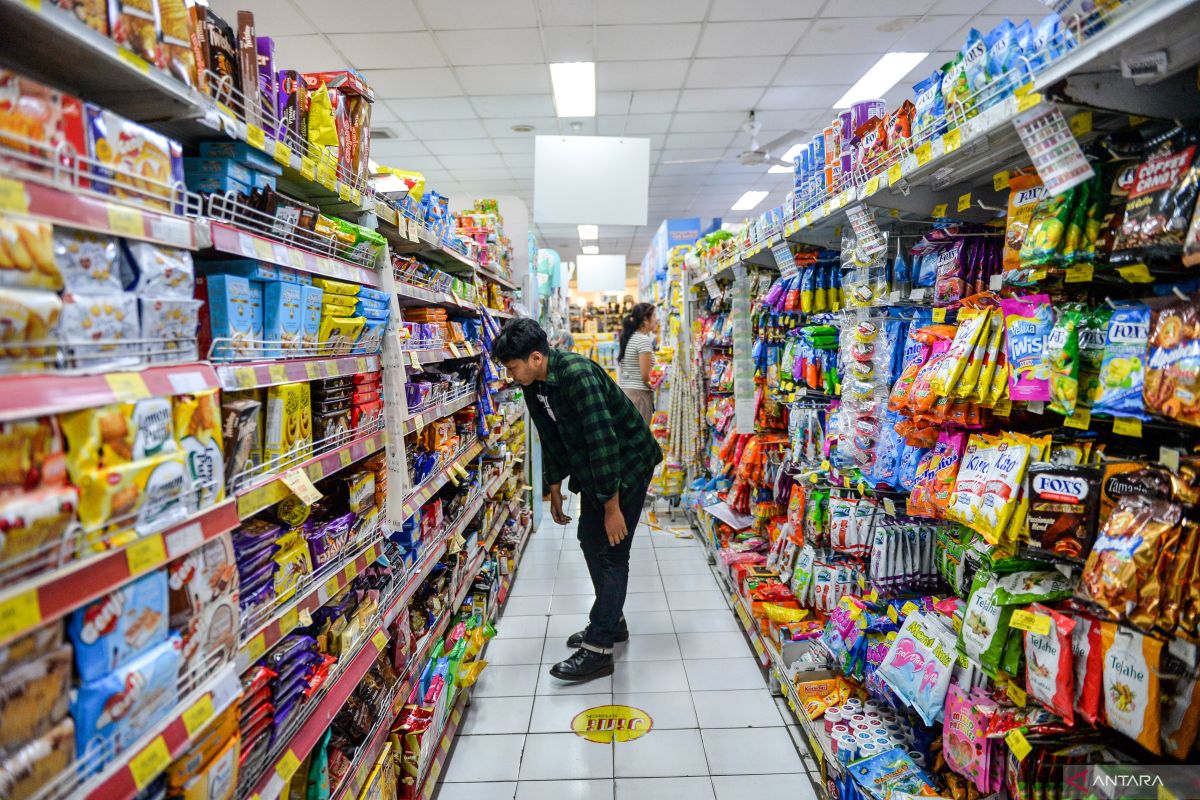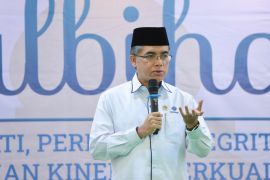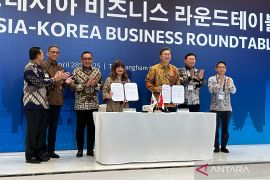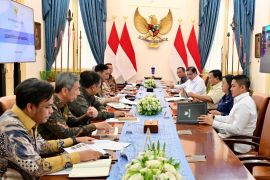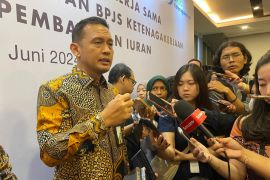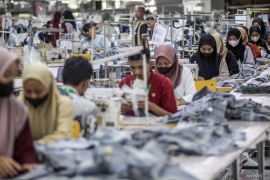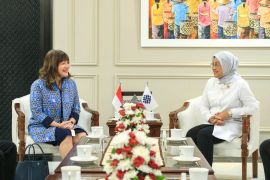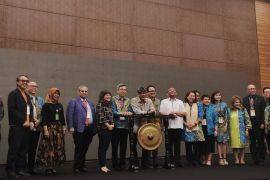Apindo Chairperson Shinta W. Kamdani, in Jakarta, Monday, highlighted the importance of these consultations, emphasizing their role in identifying challenges faced by businesses in complying with the new regulations, including the imposition of excise taxes on sweetened beverages.
Apindo has also submitted recommendations to the Ministry of Health, advocating for a gradual transition to the new standards.
Shinta noted that producers would need time to adjust their products while pointing out that modifying product formulas is a complex process.
"We cannot implement this regulation immediately without imposing additional burdens on businesses," she stated.
While acknowledging the primary goal of Government Regulation Number 28 of 2024 to improve public health, Apindo also underscored the importance of public education efforts to foster behavioral changes.
"We need to conduct public outreach to ensure that the public understands why these sugar, salt, and fat restrictions are necessary," she stressed.
Apindo has further requested that the government conduct in-depth research to evaluate the regulation's effectiveness.
"We cannot simply rely on comparisons to developed countries. We must conduct our own research to determine if this regulation will truly benefit public health," she explained.
"Therefore, I believe that thorough preparation and public engagement, especially with us, business owners, are essential before this regulation can be effectively implemented," Shinta concluded.
Government Regulation Number 28 of 2024, ratified on July 26, 2024, aims to address various health challenges, including the excessive sugar, salt, and fat content in food.
The regulation was issued in response to health issues such as diabetes, a leading cause of death globally, including in Indonesia.
According to the Ministry of Health, diabetes and related diseases, such as heart disease and stroke, are the biggest burdens on the National Health Insurance.
In addition, earlier this month, the State Finance Accountability Committee (BAKN) of the House of Representatives proposed an excise on sugar-sweetened beverages at 2.5 percent starting in 2025, with a progressive increase to a maximum of 20 percent.
The introduction of the tax is expected to boost state revenue from excise duties and reduce reliance on tobacco excise taxes.
However, Director General of Customs and Excise Askolani stated that the proposal has thus far been accepted as a recommendation. Nonetheless, the decision will be left to the incoming government, led by President Prabowo Subianto, who will take office on October 20 this year.
Related news: Indonesian F&B products book $825k transactions in Australia: official
Related news: VP Amin urges halal certification for food and beverage products
Translator: Aditya Eko Sigit Wicaksono
Editor: Rahmad Nasution
Copyright © ANTARA 2024
